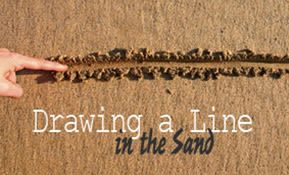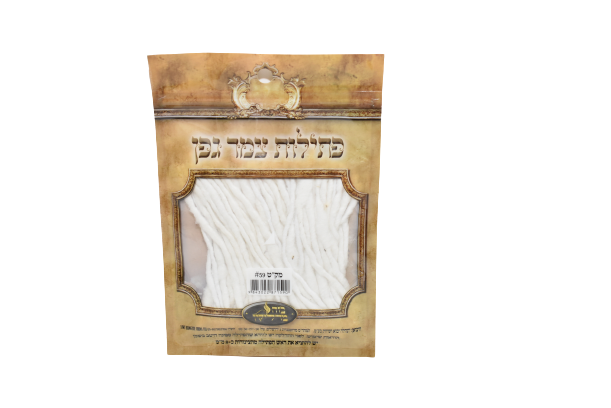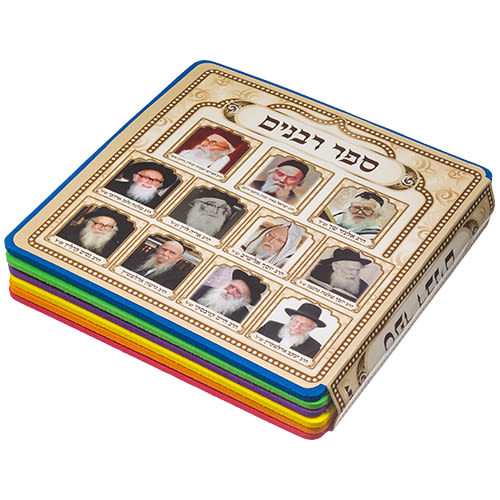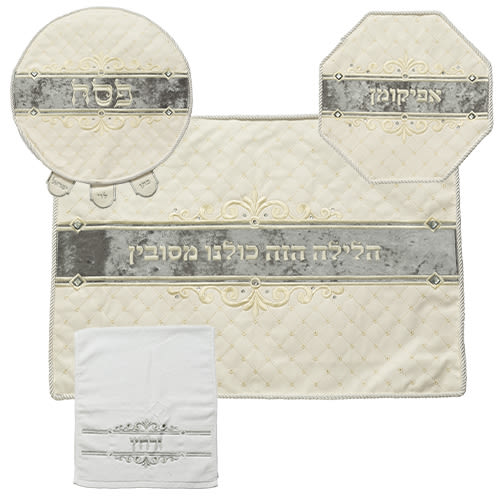
Pinchas: Tell the Hippies
Peace. The word brings to mind the colorful shirts of the sixties and the colorful language of the anti-war protestors...

Peace. The word brings to mind the colorful shirts of the sixties and the colorful language of the anti-war protestors. Although over 40 years have passed since then, the world still dreams of peace. Most imagine peace as the absence of strife, but from a Jewish perspective they are wrong.
In this week’s parsha, a zealot named Pinchas puts an end to a horrific plague that killed 24,000 Israelites. To reward Pinchas for his profoundly heroic act, Hashem declares that he will become a Kohen.
Until this time, the only Kohanim were descendants of Aharon (Aaron) born after Aharon had been anointed as the High Priest. Although Pinchas was a grandson of Aharon, he was not a Kohen because his father was born before Aharon became the High Priest.
Despite the fact that he was not a Kohen by birth, Pinchas represented the ideals of the Priesthood to such an extent that he became one through his actions!
A Peacenik
What did Pinchas do? What action warranted his becoming a member of the brotherhood of peace and service of Hashem? He slaughtered two people!
In response to Pinchas’ violent action, Hashem says, “Behold! I give My covenant of peace" (Bamidbar 25:16). But how in the world could killing two people make someone a peacenik?!
The covenant of peace that God conferred upon Pinchas was established by Moshe’s (Moses) brother, Aharon, the Kohen Gadol. It is from Aharon that we learn the Jewish concept of peace. “Hillel taught: Be among the disciples of Aharon, loving peace and pursuing peace, loving people and bringing them closer to Torah" (Pirkei Avot 1:12).
Definition of Peace
The Maharal of Prague asks why Hillel tells us to be like the disciples of Aharon when he could have told us to love peace and pursue peace. The Maharal answers this question by showing how the Mishna was using Aharon’s position as the Kohen Gadol to understand the Torah’s definition of peace (Derech Chaim, p. 44).
The Kohen Gadol’s mission was to unify the people of Israel. After all, we are a nation of tremendous diversity, yet we have one God, one Alter, and one Holy Temple. He was charged with transforming the diverse populace into a unified people serving God in unity.
The Mishnah instructs us to "be among the disciples of Aharon" in other words, to follow the Kohens’ example of bring peace and unity to the world. When the Mishnah tells us to ‘love peace,’ it means that we should try to prevent dispute. When we are told to ‘pursue peace,’ it means that we must find a resolution once problems arise.
The closing words of this Mishnah are: “Love people and bring them close to Torah.” The Maharal explains, “What type of person will be effective in bring about harmony? Someone who loves people and seeks their best interests. Only when we have such a genuine love for people that we feel at one with them can we succeed in drawing the together and unifying them.” Then, with our hearts as one, we can turn towards God.
The Hebrew word for peace, “shalom,” contains the letters shin, lamed, and mem. These letters also form the root for the Hebrew word for Shalem, “complete.” The Jewish concept of peace means the presence of a unified, complete state of humanity; and one that is directed towards the Almighty.
A practical example of how the Jewish concept of peace differs from the common secular definition can be found analyzing the political climate of the 1960s. The United States and Russia were engaged in the ‘Cold War,” a period of diplomatic tension that didn’t actually erupt in open violence between the two nations. Technically, the two nations were at peace; yet from the Jewish point of view they were not. Peace does not mean the absence of conflict; a cold-shouldered peace is no peace at all. Rather, we must pursue the unification of humanity with the purpose of serving Hashem.
Pinchas the Zealot
Now we can look at Pinchas and understand why Hashem declared his zealousness righteous to be peacekeeping. Pinchas acted at a time when the Jewish people were awash with immorality and were spiritually disconnected. The men of Israel engaged in forbidden relationships with Midianite women. One Israelite man, Zimri, took the woman he was with and publicized their relationship in front of Moshe, the entire camp, and the Tent of Meeting. While the elders of the Jewish people wept in horror that a member of God’s holy nation would stoop to such immorality, Pinchas took action and slaughtered the couple.
Following the death of Zimri and the Midianite woman, the plague, which God had sent upon the Jewish people to punish them for their sins, ceased. Instead of being grateful to Pinchas for stopping the plague, the Jewish people were furious with him.
Pinchas’ grandfather was a convert. The Jews criticized Pinchas’ humble lineage and sought to punish him for killing a prominent Israelite. Hashem, however, knew Pinchas’ true intentions.
Rabbi Moshe Feinstein explains that Pinchas’ actions were justified because of his superior moral character. “He [Pinchas] held no personal gripe against Zimri, but was truly zealous for the honor of God" (Darash Moshe, p. 206). Had Pinchas acted for any other reason, be it personal glory or rage, he would have been guilty of murder. Although it is usually permissible to do a mitzvah without the proper intent, when it comes to administering physical punishment by a Jewish Court, the members of the court must be acting solely for the honor of God.
Once the Jews realized that Pinchas’ motives were pure, they recognized the errors of their ways, and returned, as a unified nation, to the service of their Creator. As a result, Pinchas brought peace to the Jews, and therefore became a true Kohen in the tradition of Aharon.
Today, the concept of zealousness is just as misunderstood as the concept of peace. Zealotry, passion, and fiery commitment to ones ideals often leave a person at odds with the morally ambiguous, frequently fluctuating western world. But it is the iron will and zealotry exhibited by Pinchas that gave him the ability to break through the moral haziness of his nation and restore order.
We oftentimes fear to be different, and are worried what the world will think about our desire to live up to those lofty ideals set forth by the Almighty. To those of us who quiver, Rebbe Nachman teaches, “Know that man must cross a very narrow bridge [doing good deeds in this world]. The principle and the main thing is that he should not be afraid" (Courage! p. 157). May we find the zealous spirit within ourselves to carry out the will of Hashem in this world, and may our actions bring peace to the Jewish people, inspiring our nation to turn our hearts as one towards heaven.












Tell us what you think!
Thank you for your comment!
It will be published after approval by the Editor.